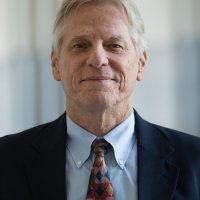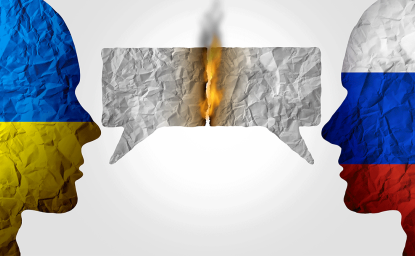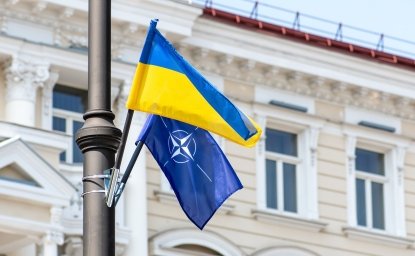The Latest
Legislators in Hong Kong have passed a new security law which gives the government expansive powers to crack down on dissent. The Chinese government says the law, Article 23, is necessary for security, but critics say the law will only serve to curb free expression and civil liberties. Wilson Center Fellow Michael Davis explains the new law and its potential impact on media, academics, and NGOs.
Michael Davis is the author of Freedom Undone: The Assault on Liberal Values and Institutions in Hong Kong.
Video Transcript
-
A Dark Day for Democracy in Hong Kong
Guest

Professor of Law and International Affairs, Jindal Global University, Delhi, India

Indo-Pacific Program
The Indo-Pacific Program promotes policy debate and intellectual discussions on US interests in the Asia-Pacific as well as political, economic, security, and social issues relating to the world’s most populous and economically dynamic region. Read more

Explore More
Browse Insights & Analysis
Greenland’s New Governing Coalition Signals Consensus

Myanmar’s Junta and the 2026 Elections: A Fig Leaf for Legitimacy?




